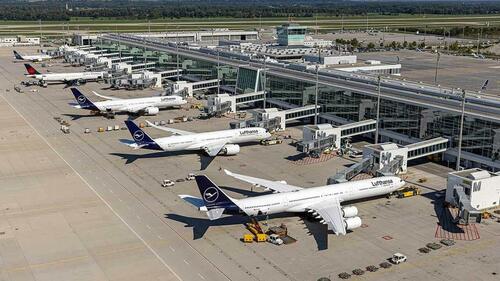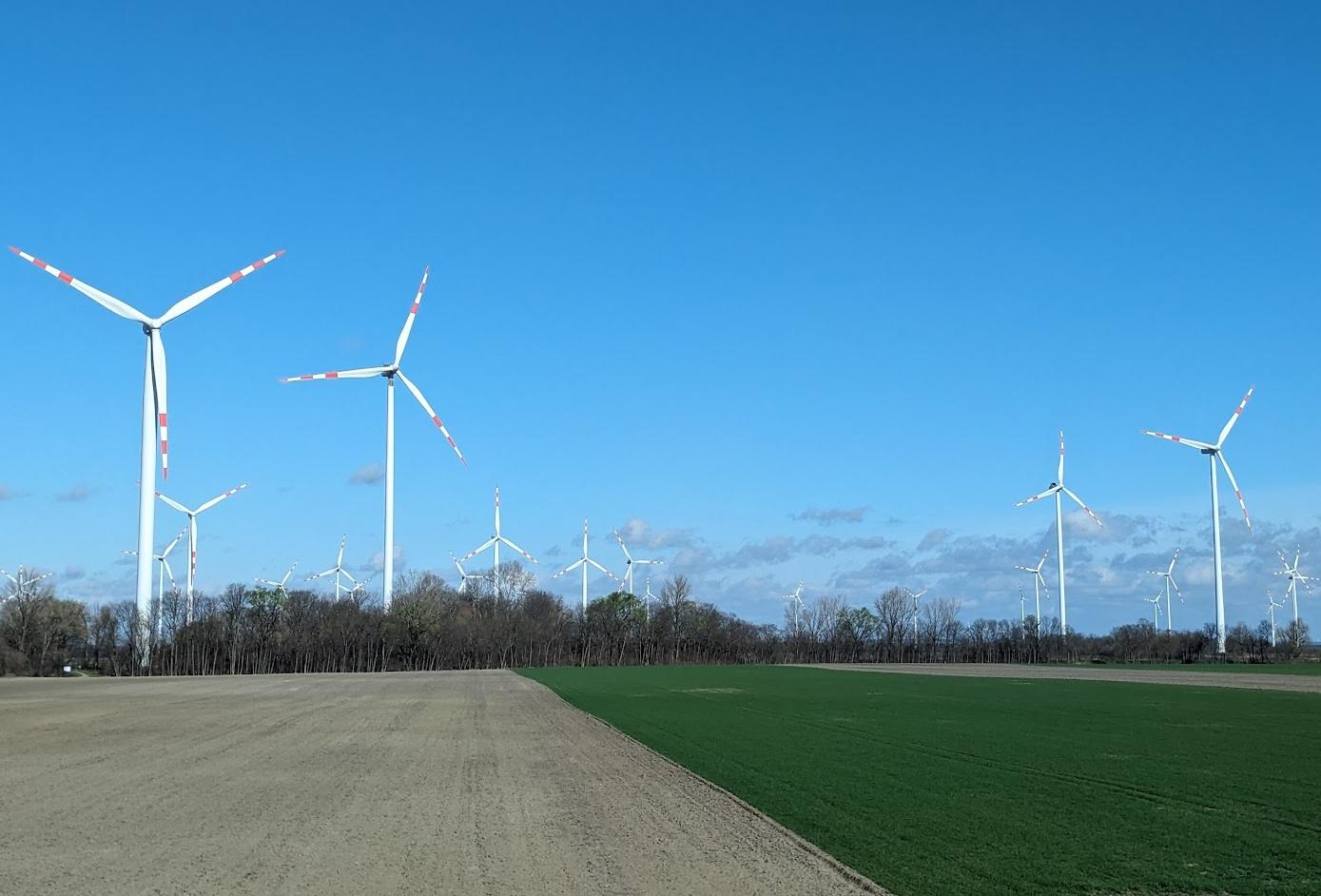The recent shutdown of Munich Airport due to unidentified drone sightings underscores a growing concern over airspace security in Europe, particularly amid allegations of Russian involvement. As multiple airports across the continent have faced similar disruptions, the situation raises questions about the effectiveness of current defense measures against potential aerial threats. German authorities reported sightings of drones near the airport, prompting a temporary closure of both main runways while investigations were conducted. Despite the heightened tensions and speculation surrounding these incidents, there has been no definitive evidence linking the drones to Russian operatives, with some reports suggesting the possibility of hoaxes. This uncertainty complicates the narrative and highlights the challenges of addressing drone-related security threats.
The implications of these drone sightings extend beyond immediate operational disruptions; they serve as a catalyst for discussions on enhancing airspace defense mechanisms. German Interior Minister Alexander Dobrindt characterized the Munich incident as a "wake-up call," advocating for increased funding and research into counter-drone technologies. European officials are leveraging these events to push for a collective response, including the establishment of a "drone wall" to safeguard against potential incursions. As the landscape of aerial threats evolves, the need for robust counter-Unmanned Aircraft System (C-UAS) defenses becomes increasingly critical. The ongoing mystery surrounding these drones may also reflect broader geopolitical tensions, potentially serving as a pretext for stricter regulations on civilian drone use and heightened military readiness across Europe.









